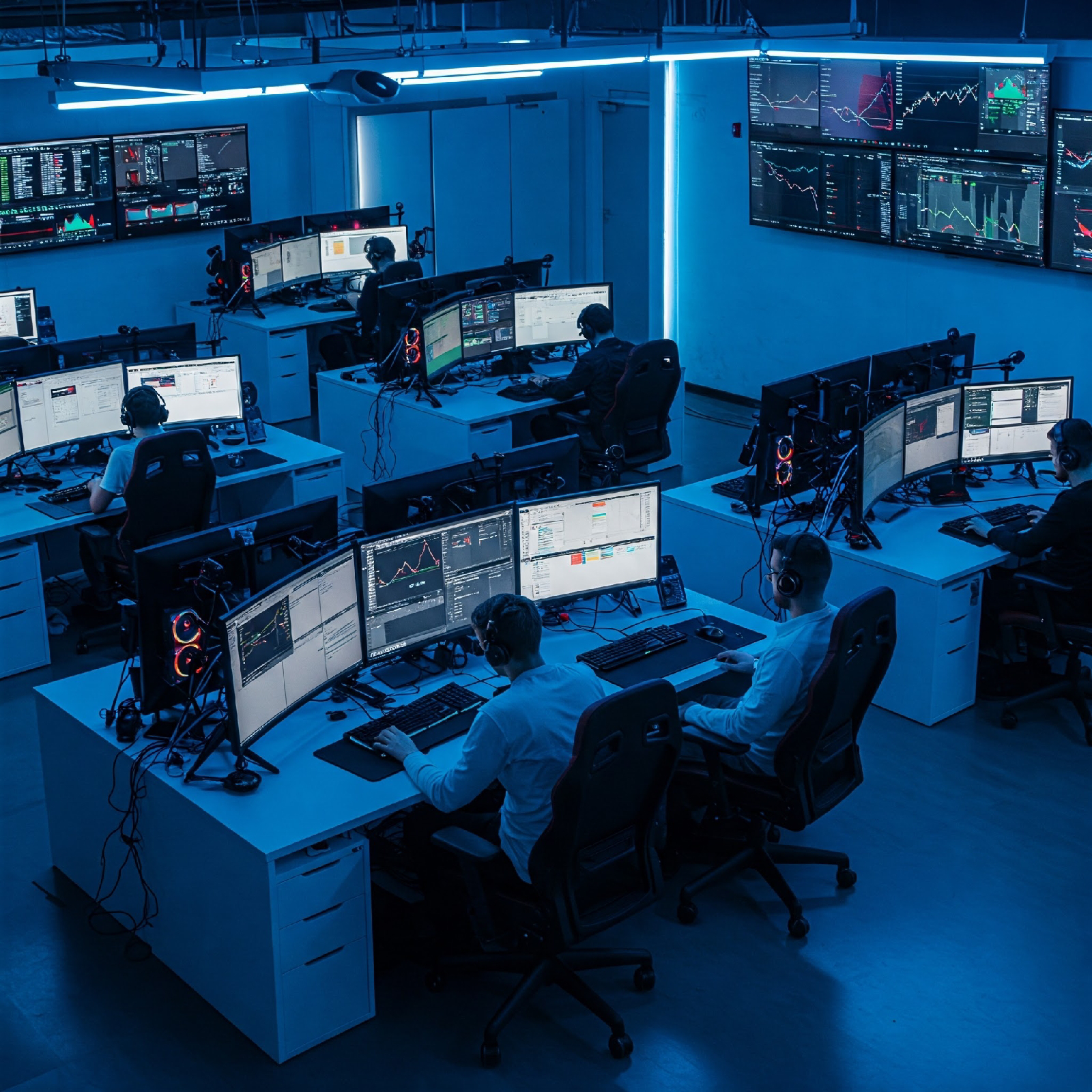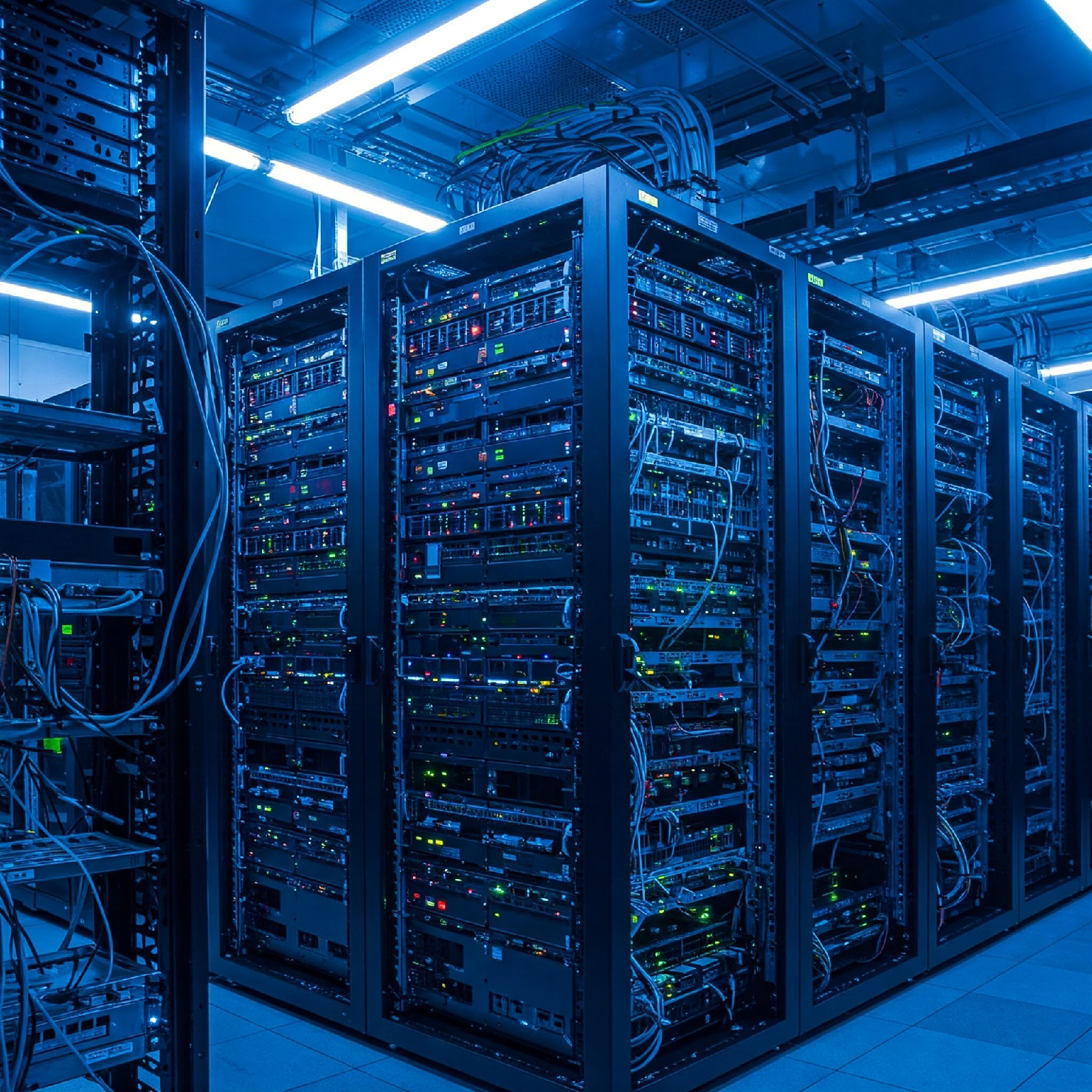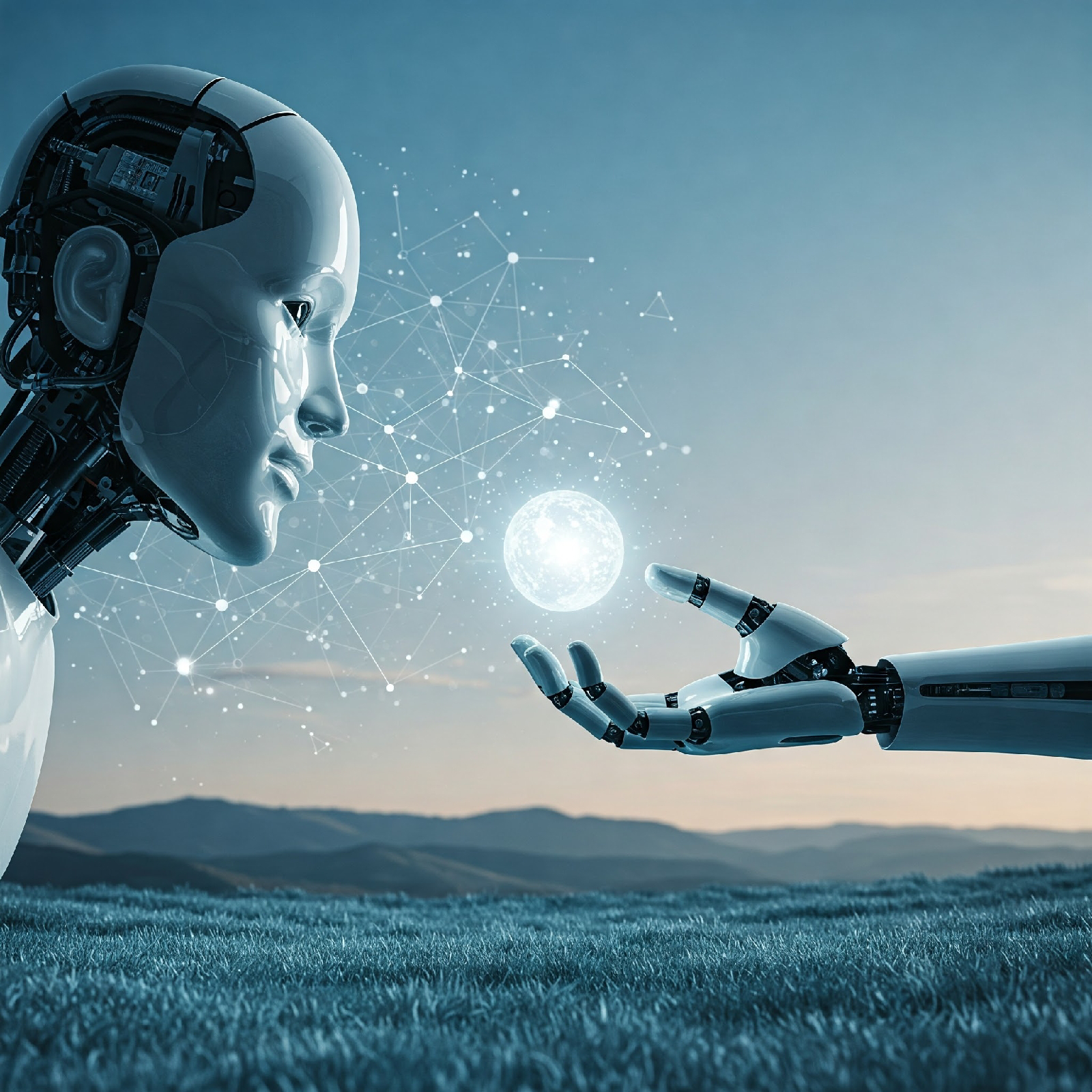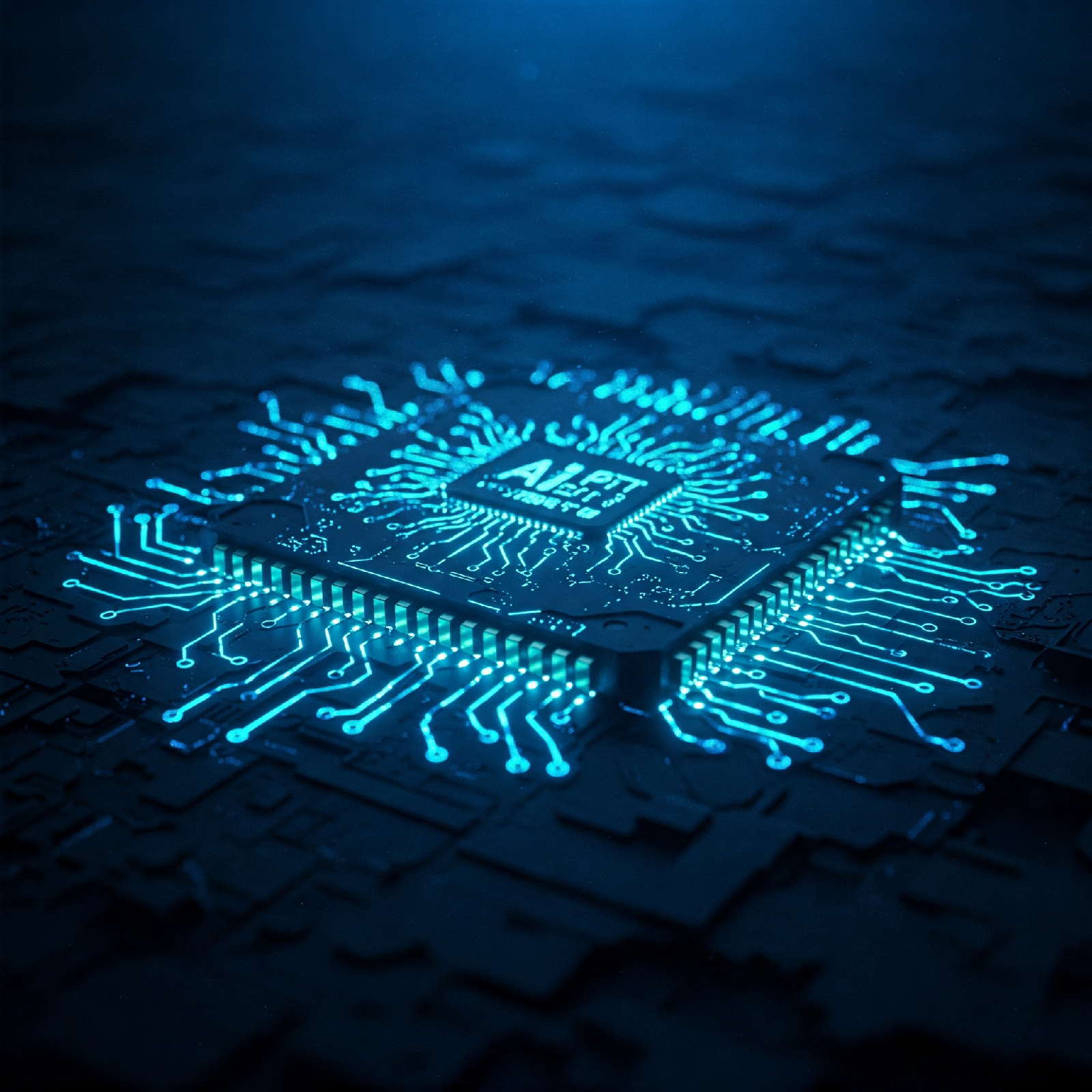Best CPUs for AI: Choosing the Right Processor for Artificial Intelligence Workloads
Best CPUs for AI: Choosing the Right Processor for Artificial Intelligence Workloads
AI is growing fast. From smarter apps to self-driving cars, more industries rely on AI every day. As demand rises, so does the need for powerful computers to handle AI tasks. Picking the right CPU can make a big difference in your AI projects' speed and efficiency. With many options out there, it can be tough to know what to choose. Factors like workload type, cost, and future needs matter. This guide helps you find the best CPUs for AI, so you can make smart decisions for your organization.
Understanding CPU Requirements for AI Workloads
The role of CPUs in AI processing
Central Processing Units (CPUs) act as the brain of computers. They work alongside Graphics Processing Units (GPUs) and other special chips to run AI tasks. CPUs support data crunching, preprocessing, and managing AI models. While GPUs are better for heavy training, CPUs are key for tasks like data cleanup and initial testing. Knowing what each part does helps you match the right processor to your needs.
Key performance metrics for AI CPUs
Selecting a CPU for AI involves understanding some critical specs:
- Core count and multi-threading: More cores mean better multitasking. AI often needs many threads running simultaneously.
- Clock speed: Higher speeds boost performance when processing complex calculations.
- Memory bandwidth and cache: Faster data transfer and larger caches improve AI workloads’ efficiency.
- Power use and heat: High-performance CPUs use more energy and need cooling, especially in data centers.
Differences between CPUs and specialized accelerators
CPUs are versatile but may not match GPUs, TPUs, or FPGAs for raw speed. These accelerators are designed to handle huge numbers of calculations in parallel. But CPUs excel in flexibility, handling various tasks and supporting complex software. For some AI applications, especially those needing quick data handling or running in limited hardware, CPUs are the better choice.
Top CPU Options for AI Applications
AMD EPYC Series for AI Workloads
AMD's EPYC processors pack many cores and high memory bandwidth. They’re built for large-scale data centers and enterprise AI. Their architecture makes them ideal for demanding applications like training big models or managing multiple AI services. Companies like Google Cloud and Microsoft Azure use EPYC chips in their AI servers to improve performance and reduce costs. If you need scalability and power, AMD EPYC is an excellent choice.
Intel Xeon Scalable Processors
Intel's Xeon series has been a standard in enterprise servers for years. They’re well-supported and compatible with most AI tools. Xeon CPUs offer a balance between speed and efficiency, with options for high core counts. Many AI workloads—such as image recognition or language processing—run smoothly on Xeon-powered servers. Their maturity and software support make them reliable for big AI tasks.
High-Performance ARM-based CPUs
ARM processors are no longer just for phones. They're increasingly used in servers for AI because they use less power but can still deliver high performance. The Ampere Altra is a top example, offering many cores and excellent energy efficiency. Power savings matter a lot in edge devices or when deploying AI in energy-conscious environments. ARM CPUs help scale AI projects where power consumption is crucial.
Emerging and Niche CPU Options
New players are entering AI CPU markets, like Apple’s M1 Ultra and Google's TPUs. The M1 Ultra combines CPU and GPU power in one chip, suited for creative AI tasks. Google uses TPUs specialized for training neural networks, speeding up AI research. These options show how diverse hardware solutions are becoming. They can be great for specific needs but might not replace traditional CPUs everywhere.
Factors to Consider When Choosing a CPU for AI
Workload Type and Scale
Is your AI task training new models or just running predictions? Training needs more processing power, while inference might require less. For small tasks, a single CPU might suffice. Large projects may need multiple CPUs working together. Think about whether you're operating in a single server or across many nodes.
Compatibility with AI Frameworks and Software
Your CPU must support popular AI tools like TensorFlow, PyTorch, or MXNet. Check if the hardware has optimized drivers and libraries that make AI computations faster. Compatibility ensures you don’t waste time troubleshooting.
Cost-Performance Balance
High-end CPUs can cost a lot but deliver more power. Weigh whether spending extra will improve AI results enough to justify the cost. Smaller organizations might need a good balance, while big companies can prioritize top performance.
Power Efficiency and Cooling
AI CPUs generate heat and require proper cooling. Too much heat can cause hardware failures or slowdowns. In data centers, energy efficiency matters for controlling operational costs and environmental impact. Choose CPUs that fit your cooling and power budgets.
Future-Proofing and Upgradability
Your AI needs will grow. Pick CPUs that can upgrade or expand with new hardware. Multi-CPU setups allow adding more processors later, saving money in the long run. Think ahead and choose flexible solutions.
Real-World Examples and Case Studies
- Leading cloud providers like AWS and Microsoft use AMD EPYC chips in their AI clusters. They benefit from scalability and lower costs.
- Some companies deploy Intel Xeon-based servers for real-time AI in autonomous cars, processing data from sensors quickly and reliably.
- ARM-based chips power AI gadgets at the edge, such as smart cameras that run on less power yet still do complex tasks.
- Industry leaders learn that matching the right CPU with the workload improves speed, reduces costs, and simplifies system management.
Actionable Tips for Picking the Best CPU for AI
- Run your own tests and benchmarks based on your specific workloads.
- Make sure your CPU works with your current software and hardware.
- Don’t overspend on power without seeing clear results.
- Talk to hardware vendors and AI experts about your project needs.
- Keep an eye on new CPU models and updates to stay ahead of the curve.
Choosing the best CPU is key to getting the most out of AI projects. Think about what tasks you need to perform, your budget, and future growth. Match your workload with the right processor, whether it’s AMD EPYC, Intel Xeon, or ARM-based CPUs. Staying updated on new technologies will keep your AI infrastructure running smoothly. Remember, investing smartly in the right CPU pays off by boosting AI speed, efficiency, and business value.
While Graphics Processing Units (GPUs) are often considered the primary workhorse for Artificial Intelligence (AI) and Machine Learning (ML) tasks due to their parallel processing capabilities, Central Processing Units (CPUs) still play a vital role and are continuously being enhanced for AI workloads.
Determining the "most powerful" CPU for AI is complex as it depends on the specific AI task, software optimization, and overall system architecture. However, based on the latest information, here's a breakdown of some top contenders and important considerations:
Key Factors to Consider for AI CPUs:
- Core Count and Architecture: More cores, especially with efficient architectures, allow for parallel processing of certain AI tasks and data preparation.
- Clock Speed: Higher clock speeds benefit tasks that are more sequential or have lower levels of parallelization.
- Cache Size: A larger cache can improve performance by providing faster access to frequently used data.
- Memory Bandwidth: High memory bandwidth is crucial for feeding large datasets to the CPU for processing.
- AI-Specific Accelerators: Some modern CPUs incorporate specialized units for accelerating AI tasks like matrix multiplication (e.g., Intel's Advanced Matrix Extensions - AMX).
- Hyper-Threading/Simultaneous Multithreading (SMT): This technology allows each core to handle multiple threads, improving multi-threaded performance.
- Thermal Design Power (TDP): Higher TDP generally indicates higher performance but also increased power consumption and cooling requirements.
Top CPU Contenders for AI (Mid-2025):
Based on current information and trends, here are some of the most powerful CPUs relevant for AI tasks:
-
Intel Xeon 6 Processors (with Performance-cores): Intel's latest Xeon 6 processors, launched in early 2025, boast significant performance improvements for data center workloads, including AI processing. They offer a high core count and integrated AI acceleration in every core. Specifically, models like the Xeon 6700P and 6500P series with P-cores deliver enhanced AI inference performance compared to previous generations and competitors.
-
AMD Ryzen 9 Series (e.g., 7950X3D, 7900X): AMD's Ryzen 9 series CPUs, particularly those with 3D V-Cache technology (like the 7950X3D), offer excellent performance in various demanding tasks, including AI/ML workloads. They provide high core counts and strong multi-threading capabilities. The AMD Ryzen 9 7950X3D is noted for its balance of AI/ML performance and energy efficiency.
-
Intel Core i9 and i7 Series (e.g., i9-13900K, i7-14700K): These high-end desktop CPUs from Intel offer a significant number of cores and high clock speeds, making them suitable for AI development and tasks, especially on a workstation level. The Intel Core i9-13900K is highlighted as a high-performance CPU excelling in various intensive tasks, including AI/ML. The Intel Core i7-14700K also provides strong performance for AI and content creation.
-
AMD Ryzen AI Series (e.g., Ryzen AI Max Series): AMD's Ryzen AI processors are specifically designed for AI PC experiences, integrating dedicated AI processing units (NPUs) alongside the CPU and GPU. These are particularly relevant for on-device AI tasks and offer efficient performance for AI-accelerated applications on laptops.
-
Intel Core Ultra Processors (Series 2): Intel's Core Ultra processors also feature integrated AI acceleration, aiming to deliver efficient AI performance across various form factors, from desktops to mobile devices. Models like the Intel Core Ultra 9 Processor 285HX offer high core counts and are designed for demanding workloads, including AI.
Important Considerations:
- CPUs vs. GPUs for AI: While CPUs are versatile and handle a wide range of computing tasks, GPUs generally offer superior parallel processing power, making them the preferred choice for computationally intensive AI tasks like deep learning model training. CPUs are often used for data preprocessing, model deployment (inference) for smaller models, and control tasks within AI workflows.
- Workload Specifics: The "best" CPU will depend on the specific AI tasks you intend to perform. For example, tasks involving large language models (LLMs) with billions of parameters often benefit more from GPU acceleration, while smaller models and certain inference tasks can run efficiently on modern CPUs.
- System Integration: The CPU needs to be considered as part of the overall system, including the motherboard, RAM, and cooling, to achieve optimal performance. For multi-GPU AI workstations, platforms like Intel Xeon W and AMD Threadripper Pro are often recommended due to their support for a high number of PCIe lanes and memory channels.
In conclusion, while GPUs remain dominant for heavy AI computation, modern CPUs, especially high-core-count models from Intel's Xeon and Core series, and AMD's Ryzen and Ryzen AI series, are increasingly powerful and efficient for various AI-related tasks, offering integrated AI acceleration and strong overall performance. The ideal choice depends on the specific requirements of your AI workload and budget.











